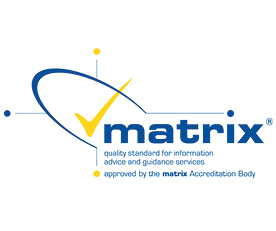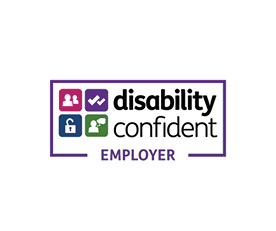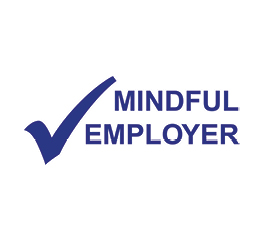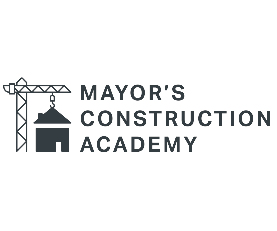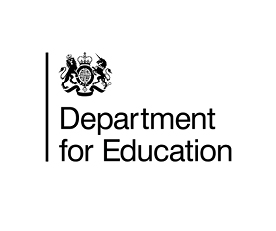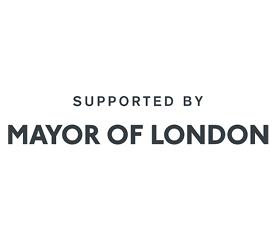Life Skills - SEND Frequently Asked Questions
1. Does the College have a Disability Statement? How is it implemented?
In line with the Equality Act of 2010 East Surrey College has a Single Equality Policy for Students that encompasses all previous equality and diversity policies including the Disability Statement. The policy is implemented through equality objectives which are reviewed annually. The College prides itself on its inclusive offer and the quality of education and support for students.
2. How many students are there in the group? What is the staff/pupil ratio?
Group sizes may vary but for Entry Level it is usually between five and ten students depending on the individual support needs within the group. There is always a Tutor and Learning Support Assistants allocated according to the individual needs of the students as identified in a student's EHCP. Support allocation is planned at the transition stage and may be increased or decreased following reviews of progress. Students with high support needs will have 1:1 support in the class and also at break times as detailed in their EHCP.
3. What is covered on the programme?
Each Life Skills - SEND programme is tailored to meet individual requirements, taking into account previous education, qualifications achieved and progression goals. Programmes and qualifications are selected to develop confidence and independence and prepare students to progress onto further study or employment.
Students are streamed for Maths and English working at their assessed level, taking GCSEs or Functional Skills qualifications accordingly. For some students taking exams may not be appropriate but development of Maths and English is a priority for all so these will be embedded in all lessons where possible.
All programmes aim to equip and support students to make appropriate choices and decisions for their future.
4. Are students supervised at lunch/break times? What is the staff ratio?
Parents and carers feedback favourably on our inclusive environment and the progress students make. In the LSK SEND provision the students have a dedicated teaching and learning area "The Hub", this is swipe access and provides an environment that students feel safe in and supports the successful transition into College.
Students have access to all College facilities eg canteen and are encouraged to mix with others in order to develop social skills, confidence and independence. If required, the students are supervised during break and lunch times, this can be 1:1 or through group support depending on need.
5. Do students take part in work-experience programmes?
Students on Full-time study programmes will have the opportunity to take part in work experience, undertake a workplace project, volunteering and/or community project. Depending on the group and the stage of their programme this may be in house or with an external partner. Examples of in-house projects include initiatives such as participation in an enterprise scheme and or collecting food items for local homeless charities. Externally, an example of a placement is some students will be volunteering with Stripey Stork charity.
All course offers look to improve the long-term outcomes for students this includes progressing into work. As a student gets to the end of their study pathways and want to work and have an EHCP the preferred progression step is onto a Supported Internship which is run as part of the LSK offer. This is also available for students with EHCPs who have completed their studies elsewhere but would like support to gain employment and develop their employability skills.
6. Are students able to access all the College facilities?
The College prides itself on its inclusivity and the majority of our students are fully integrated into College life and benefit from using all our facilities. Individual needs are always taken into account, and this may inform for some students which College facilities and events are accessed. Students take part in cross College activities and enrichment sessions, such as fun sports and social activities, charity fund-raising, College conferences and Freshers’ Week.
7. Is there access to Speech and Language Therapy/ Physiotherapy/ Occupational Therapy?
Based on the information contained in the Education Health and Care Plan (EHCP), we will work with parents and the Local Authority to plan the best way to access services. This can be by using the assessment and recommendations of the relevant therapist to inform teaching and support practice with reviews built in. It may be as a Full-time course is based on three days in college therapy can be accessed on days students are not onsite.
8. Are any of the staff Makaton signers?
We have staff in the department who are Makaton trained. We also have staff members who can communicate using BSL. Our team are trained in Picture Exchange Communication System (PECS).
9. How many days a week is the course? And what accreditation do the students work towards?
Courses normally run over three days for 34 weeks. Most qualifications are one year in duration although many students will continue at College for up to three years. Individual needs are taken into account when advising which course is appropriate as well as a progression route. We use a variety of awarding bodies and qualifications depending on prior attainment and learning goals. Progression routes may include further courses in the Life Skills - SEND department, progression to other College departments or into Supported Internships.
10. What types of community skills are taught within the programme?
A wide variety of skills are taught including enterprise, sport and fitness, employability and dealing with problems. It is important that the students have experience in the wider community and are supported to access travel training, shopping, fitness and volunteering opportunities. Regular trips out are planned to deliver these options and help with students' confidence and independence working with new people and being exposed to new learning environments.
11. How long do the students stay on the programme?
Each programme runs for one year although, students who join us at age 16 routinely follow programmes for up to three years. Students will be given information, advice and guidance about progression opportunities within the College and even externally. Students continue to show progress of achievement and commitment to learning in order to move to another course within the Life Skills - SEND department or Level 1 in other areas of the College or onto a Supported Internship programme.
12. How are students encouraged towards extra-curricular activities? eg clubs, sports
All students are given details about enrichment opportunities during their induction at the start of their course and are encouraged to attend. Activities are run at lunchtime and in the late afternoon. Some of the activities include Comic Book Club, Board Games, Art Club and Football. Staff will accompany the student to the activity of their choice to settle them in if they wish. Students also take part in the Department and College Councils and are active in making sure their voices are heard. This is encouraged and the whole College benefits greatly from this inclusive approach.
13. Can the College provide any equipment that the young person might need?
Each individual student’s needs are taken into account and students are asked during the interview process if they require any assistive technology or specialised equipment to support their learning. The College will endeavour to purchase what is needed for individual students.
14. What type of experience do staff have?
Our staff are knowledgeable and experienced in working with students who have learning difficulties and disabilities. Teaching staff have also taught in a wide variety of settings including with Mencap, PMLD, MLD and SLD schools and educational settings. All staff – whether teaching or support - take part in an annual commercial upskilling programme engaging with employers and other external practitioners.
15. Do students have an Individual Learning Plan (ILP)?
All students in the Life Skills - SEND Department have an individualised ILP which is planned in line with each student’s goals and aspirations and based upon outcomes written in the EHCP. ILPs include developmental targets which are regularly reviewed. These will be shared with parents/carers at Parent/Carer evenings but can also be accessed remotely on the Parent/Carer Portal, details of which will be shared with you after enrolment.
16. What have students gone on to do once they have left the course?
Each student is different so may move onto different settings. The majority of students progress through the Life Skills - SEND department and move onto Level 1 courses and higher throughout the College leading eventually to employment. Others may not stay so long and take up paid work, voluntary work or independent living.
17. If I have an issue with an aspect of the course or College, how do I take this up?
Our experience is that most students are very happy with their course, their teaching and progress and that any issue can be remedied informally; in the first instance please contact the Course Tutor or Course Leader as we will be happy to work with you to resolve this. This can be escalated if needed to the Curriculum Manager however, if this is not resolved the College has a published complaints (feedback) procedure which is published on the College website which can be easily accessed.
If you have any further questions please contact Client Services on 01737 788444 or email clientservices@esc.ac.uk
Address: East Surrey College, Gatton Point, London Road, Redhill, Surrey RH1 2JX
Main Switchboard: 01737 772611 / Client Services: 01737 788444 / Email: clientservices@esc.ac.uk
